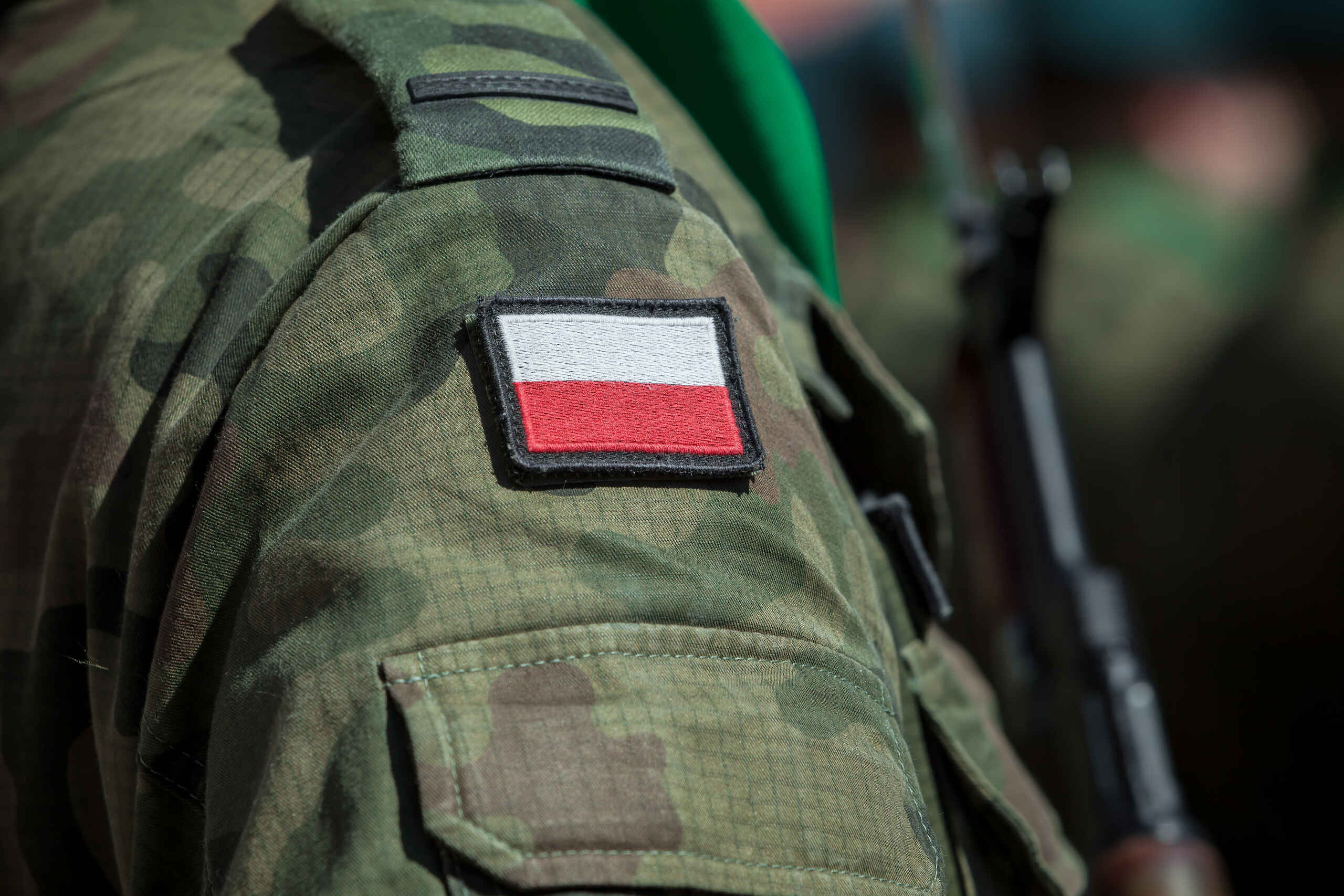
The Role of Applied History in Countering Security Threats
Photo: iStock/Rafal Olkis
If the study of the past was supposed to let Europe handle present security threats better, one must admit utter failure of this promising idea.
By Maria Domańska, Center for Eastern Studies, Warsaw
Russia’s invasion against Ukraine laid bare all of Europe’s mistakes and miscalculations made over the past decade. Many years of appeasing the increasingly aggressive Kremlin with offers of dialogue, toothless sanctions, and continued economicfinancial cooperation shaped Moscow’s perception of the European Union as deeply disunited, weak, corrupt, and unable to invest in its security. Not willing to learn lessons offered by the recent past, the EU had been locked in deliberations about historical sources of different threat perceptions between Western and Eastern Europe for years.
However, the longuedurée perspective did not lead to a better understanding of Eastern Europe’s historically motivated sensitivities. Nor did it empower us to counter imminent security threats coming from Russia jointly. Instead, a large part of the Western establishment was eager to “understand” Moscow’s great power ambitions (disguised as “security concerns”).
Poland’s historical determinants
In early February 2022, Emmanuel Macron repeated that the European security architecture should be shaped with Russia and not “against” it. As he was talking about a country that labeled NATO as the enemy, attacked Ukraine in 2014, and became notorious for political killings committed on NATO’s territory, his declaration was not only unrealistic but imprudent. This approach ran counter to Poland’s existential security interests. Polish debates on state sovereignty, national security, and desired alliances quite obviously evolved from longterm historical determinants.
Firstly, it was the longlasting subordination to foreign powers, including the traumatic experiences of the 20th century when Poland fell victim to its totalitarian neighbours. It was only after 1989 that, for the first time since the 18th century, a whole generation of Poles was born and formed in a sovereign state. Secondly, it is the location between East and West – both geographically and civilisationally. It has traditionally been viewed as the axis of Poland’s foreign policy and selfidentification.
The politics of eternity
Even though Poland’s protracted fight against RussianSoviet imperialism constituted a formative experience, our perception of Russia in the 21st century has been formed more by present threats than the distant past. Unlike in PolishGerman relations, where decades of complex dialogue have finally brought us mutual trust, all attempts at PolishRussian reconciliation fell victim to the authoritarian policies of the Kremlin.
The Russian Memorial society that invaluably contributed to investigating Soviet crimes against Poles was targeted by political repression and closed down in December 2021. The PolishRussian Group on Difficult Matters, set up by the two governments in 2002 to discuss contentious historical issues, lost momentum years ago as the Kremlin weaponized history.
While a survey conducted in 2021 by the Polish Institute of Public Affairs revealed that almost 60 % of Germans and Poles prefer to focus on the present and future challenges rather than on memories in their bilateral relations, Russian official ideology has firmly locked the nation in the “politics of eternity.” It is based on a cyclical concept of history, the myth of ever returning moments of glory and existential threats.
Putin’s way of applying history
Now Russia is the only state we used to be subordinated to in the past that still demonstrates ambitions to limit our sovereignty. The December security ultimatum revived the spectre of the Yalta order and provided eventual proof that negotiations cannot solve Moscow’s conflict with the West. The Kremlin views the very existence of liberal democracy as an existential threat to Putin’s regime.
In his declaration of war against Ukraine, Putin offered his peculiar view on applied history: “In 1940 and early 1941 the Soviet Union […] sought not to provoke the potential aggressor until the very end [which] proved to be a mistake. […] We will not make this mistake again”. In 2022, Russia is reliving 1939 and justifies fully fledged military aggression as a preventive measure, this time to ward off NATO as its principal enemy.
A new EU-NATO security architecture
The unprecedented unity of the EU and NATO visàvis the Russian invasion caught Moscow off guard. Now the question is how resilient this unity will be in the future. Undoubtedly, the US’s presence in the region will continue to be of the highest deterrent value. All EU actions in the security field should thus complement NATO operations in a noncompetitive manner.
Investing in the European crisis management dimension (also in the context of mass migration from Ukraine and future reconstruction of this country) should not undermine the buildup of collective defense – something that, from now on, will be vital not only for Eastern Europe.
The postwar EUNATO security architecture will require serious enforcement and broader engagement of the NonMember States committed to democratic principles – in the spirit of a proper “indivisible security”. The West must become capable of responding to emerging threats and preventing them effectively. Debates about further EUNATO cooperation, like the concept of European Strategic Autonomy, must not weaken the EuroAtlantic community as a whole. Let’s hope that a lesson learned the hard way will be a lesson learned for a lifetime.

About Maria Domańska
Maria Domańska is a Senior Fellow at the Warsaw-based Centre for Eastern Studies ( OSW ). She specializes in Russian domestic politics: state-society relations, formal and informal aspects of the political system, politics of memory, domestic determinants of Russia’s foreign policy. Between 2006–2015 she worked in the Polish Ministry of Foreign Affairs, including as the Head of Political Section in the Embassy of of the Republic of Poland in Moscow (2012–2015).
Author and co-author of numerous papers on domestic political developments in Russia, including the recent “Forward, into the past! Russia’s politics of memory in the service of ‘eternal’ authoritarianism”, OSW Report, Warsaw 2021.